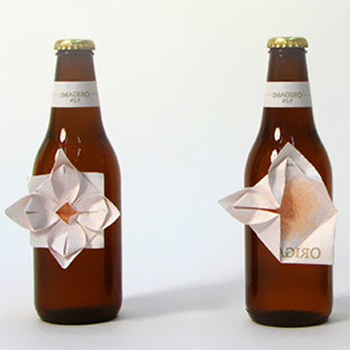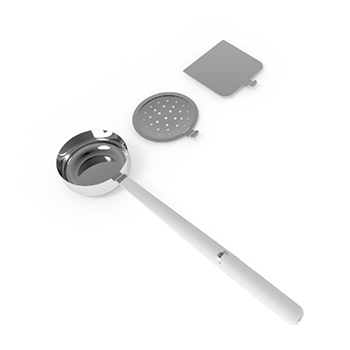Cooking is the practise or skill of preparing food by combining, mixing, and heating ingredients. Anyone who has a fair amount of experience in cooking knows that it is certainly more than that. It is, in a way, science. It is how different ingredients react with each other over time and how the reactions can be altered with various factors such as time, type of heat source, and also the type of vessel used. It is a delicate balance of flavours and textures, and the experience of eating that perfect meal is unlike any other.
India, owing to its diversity, has a wide variety of cooking habits and cultures. Each region has over the years developed its own staple food based on the produce and environment. Food habits vary not only across large distances but also between two different places in the same state. As a result, no other country in the world offers such complexity and diversity in its cooking habits as India does.
Indian cooking is one of the most complex of all cuisines. Originally developed by our ancestors, it usually involves quite a few ingredients and multiple steps. Even something as common as a dal has around three to four cooking processes. These steps are essential to not only obtain the best flavour but also retain its nutritional properties. So, it is no secret that Indian cuisine is considered to be the most balanced and healthy of all. Recipes passed down from generations have ensured that rich and healthy food is still consumed by a considerable number of people. Even though newer cooking appliances like microwaves and induction cooktops have made their way onto the market, we have still found a way to cook our Indian dishes on them.



